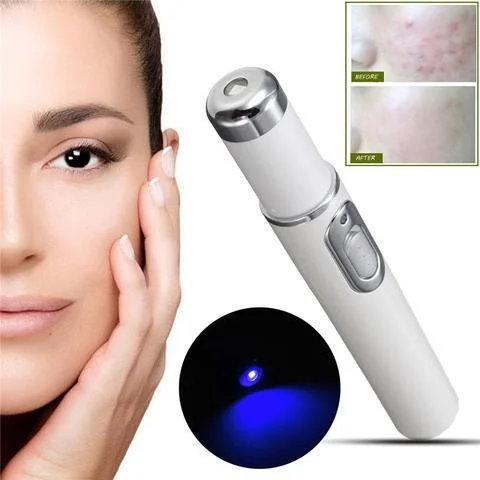
Removing acne scars can be a multi-step process that involves various treatments, both at home and professionally. The effectiveness of these treatments can depend on the severity and type of acne scars. Here are some commonly used methods:
Home Remedies and Over-the-Counter Treatments
- Topical Treatments:
- Retinoids: Help in cell turnover and improve skin texture.
- Alpha Hydroxy Acids (AHAs): Exfoliate the skin to remove dead skin cells and reduce the appearance of scars.
- Salicylic Acid: Cleans pores, reduces swelling and redness, and exfoliates the skin.
- Vitamin C: Brightens the skin and promotes collagen production.
- Natural Remedies:
- Aloe Vera: Reduces inflammation and helps with healing.
- Honey: Has antibacterial properties and can promote healing.
- Lemon Juice: Contains citric acid, which can lighten scars (use with caution as it can be harsh on the skin).
Professional Treatments
- Chemical Peels:
- A solution is applied to the skin to remove the top layers, allowing new, smoother skin to replace it.
- Microdermabrasion:
- A minimally invasive procedure that exfoliates the skin, improving its texture and tone.
- Microneedling:
- A device with tiny needles creates micro-injuries to the skin, stimulating collagen production and improving skin texture.
- Laser Therapy:
- Different types of lasers can reduce the appearance of scars by removing the outer layer of skin or stimulating the production of new skin cells.
- Dermal Fillers:
- Injected into the skin to plump up depressed scars, making them less noticeable.
- Steroid Injections:
- Can help flatten raised scars and reduce inflammation.
- Subcision:
- A minor surgical procedure that breaks the fibrous bands pulling down the scar tissue.
General Tips
- Sun Protection: Always use sunscreen to prevent scars from becoming darker and more noticeable.
- Healthy Diet: A diet rich in vitamins and minerals supports skin health and healing.
- Hydration: Drink plenty of water to keep your skin hydrated and promote healing.
Consultation with a Dermatologist
For persistent or severe acne scars, it’s best to consult with a dermatologist. They can recommend a treatment plan tailored to your specific needs and monitor your progress.
Combining Treatments
Often, a combination of treatments yields the best results. For example, using topical treatments at home in conjunction with professional procedures can enhance the overall effectiveness.
Remember, patience and consistency are key. Acne scars can take time to fade, and it may take several months to see significant improvement. Checkout the best Laser therapy equipment for removing acne scars in a vary short period of time.
